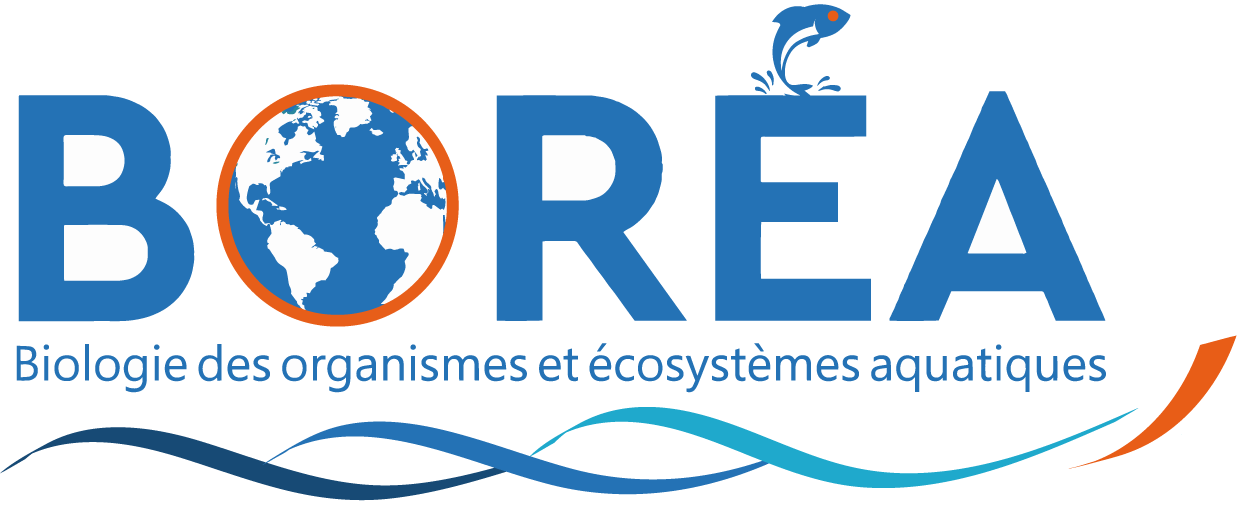ANALYSIS OF ECOLOGICAL NETWORKS: LINEAR INVERSE MODELING AND INFORMATION THEORY TOOLS
Résumé
In marine ecology, the most studied interactions are trophic and are in networks called food webs. Trophic modeling is mainly based on weighted networks, where each weighted edge corresponds to a flow of organic matter between two trophic compartments, containing individuals of similar feeding behaviors and metabolisms and with the same predators. To take into account the unknown flow values within food webs, a class of methods called Linear Inverse Modeling was developed. The total linear constraints, equations and inequations defines a multidimensional convex-bounded polyhedron, called a polytope, within which lie all realistic solutions to the problem. To describe this polytope, a possible method is to calculate a representative sample of solutions by using the Monte Carlo Markov Chain approach. In order to extract a unique solution from the simulated sample, several goal (cost) functions—also called Ecological Network Analysis indices—have been introduced in the literature as criteria of fitness to the ecosystems. These tools are all related to information theory. Here we introduce new functions that potentially provide a better fit of the estimated model to the ecosystem.
| Origine | Fichiers éditeurs autorisés sur une archive ouverte |
|---|



